SARS Epidemic
Crisis Committee
You hear a cough to your left, a sneeze on your right, a throat clearing in front. The year is 2003, and it’s a race against time to contain a newly discovered illness that spreads rapidly through airborne transmission. Severe Acute Respiratory Syndrome, or SARS, has a typical incubation period of two to seven days and symptoms that resemble the flu and pneumonia. All types of people, including politicians, scientists, and businessmen, were ambushed by this sudden infection. People were scared of death, yet hospitals filled quickly and resources were becoming scarce. Businesses wanted to continue making a profit, but they could not stand to lose too many employees. Governments wanted to protect the public, but they also wanted to protect their reputations. What happens when such a diverse array of economic, political, and social goals intersect in the face of a pandemic where lack of caution could result in an infection and possible death? What would you do to stop SARS?

